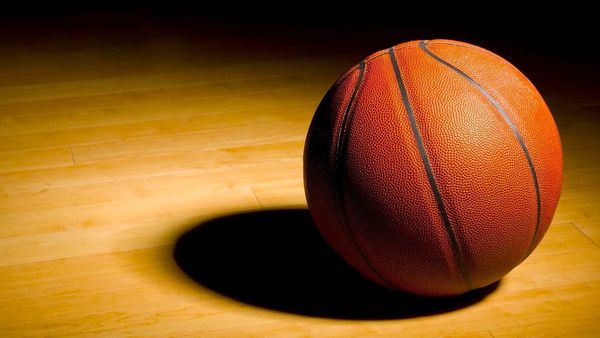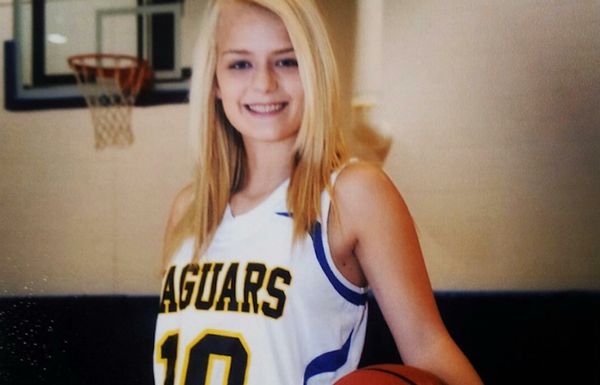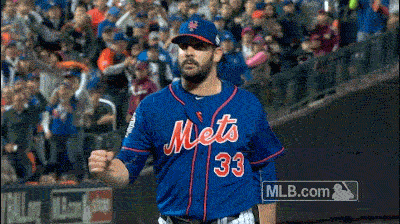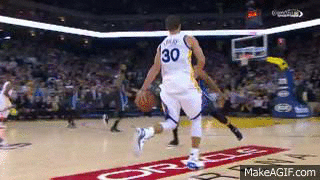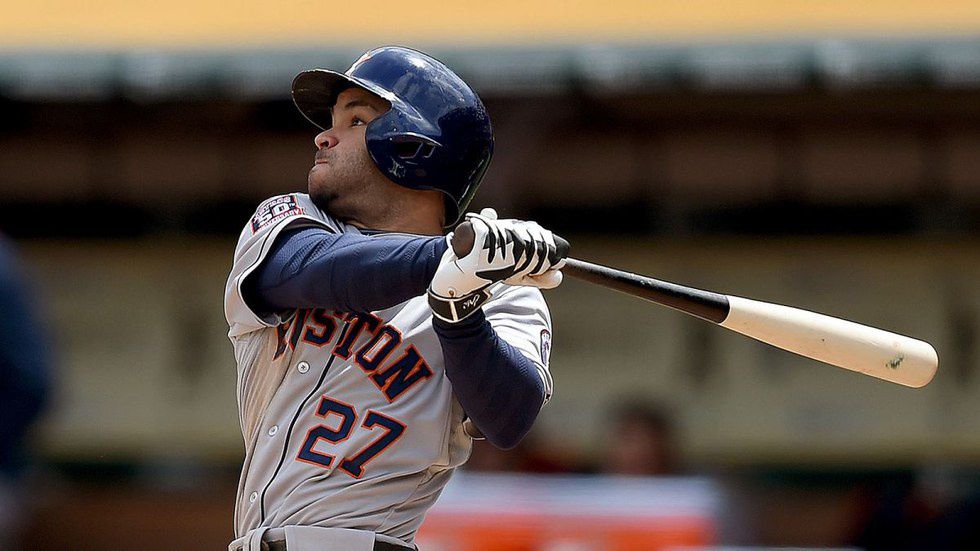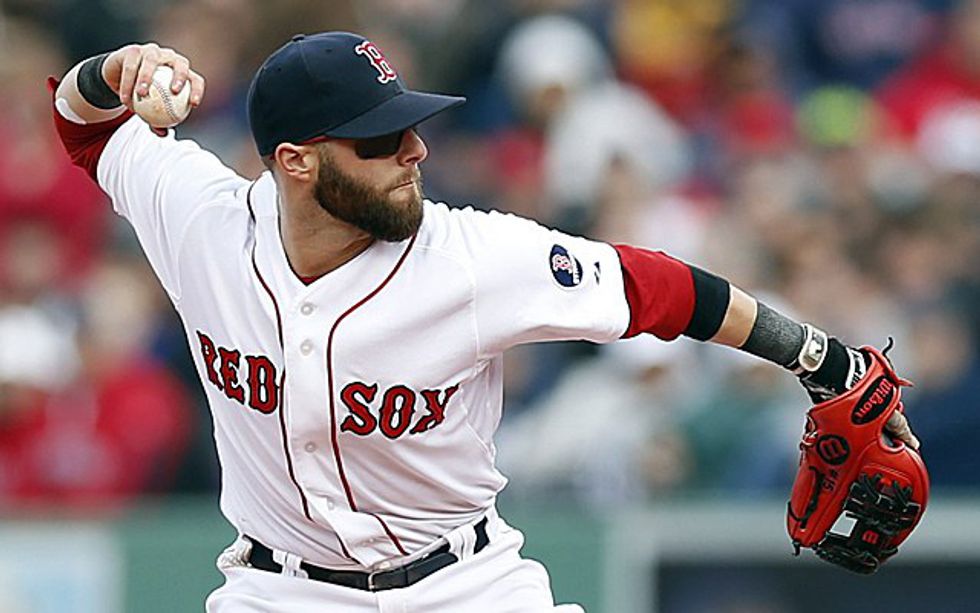Ever since my parents put me in recreation sports in my town—whether it was Little League baseball, AYSO soccer, CYO basketball—I was the short kid on the field and court. If my dad was asked, “Which one is your son?” he’d give a quick response: "The kid that’s up to your son’s shoulder.” I was short, but I also was the fastest kid you've seen, so another response my dad would give went something along the lines of, “The one that’s running circles around yours."
Most people looked at my height as a weakness thinking I wasn't as good as all of the other kids playing. It was a disadvantage for some time, but overall for me it was motivation to show my coaches and teammates that I was actually capable of being a great player. I was small, but I wasn't afraid to speak my mind and tell my teammates how I felt if they were doing something wrong. In my senior year of high school, I was named captain for both my cross-country and baseball team. These accomplishments weren't a surprise to me—they were something I was trying to achieve for years. Being a leader is something that I take great pride in. I want younger people to look up to me and use me as an example to follow. For all these years of playing in high school, I showed up to practice half an hour early, stayed late taking extra batting practices, and continued to improve to be the best athlete I could be. The work was noticed. I wasn't by any means the best player on my high school baseball team, but I was undoubtedly the hardest working.
I got a little bigger, but not by much. I went from a solid five feet to about five feet six inches throughout high school. I pitched for my baseball team, and whenever my coach would call me in to throw, I would peek into the opposing dugout and see the smirks and chuckles thinking that I was a joke of a pitcher. Well, little did they know that I was topping at about 73–75 mph on my fastball, something that I’m sure they weren't expecting because that inning I would strike out two out of three batters.
There were times where I wasn't the main core of a team. During my sophomore year, I played junior varsity basketball and got maybe five minutes of playing time a game if I was lucky. My dad would always asked me, “Are you at least having fun?” I would give him a simple response every time: “I’m just happy to be part of the team.” Getting upset about my playing time wasn't worth anything—what mattered was working hard in practice to show my coach that I was there and I had a purpose to become a better basketball player every day. It also helped that when I went in the game I was almost guaranteed a three-pointer.
I think the biggest influence on me being a good player was being a good teammate and knowing my role on each of my teams. There were times when I knew I had to speak up and put someone in their place, and there were times where I had to go with the flow and let situations play out.
Players in Major League Baseball, like Dustin Pedroia and Jose Altuve, are athletes that I always admired. Both of them are second baseman and stand at 5’ 6’’, easily the shortest players in the league. One has an MVP award and World Series rings and the other has a batting title, so I consider them pretty successful.
I’ve learned to embrace my shortness because, if I wasn't short, I might not have been the type of athlete and teammate that I am today. Nothing is given—it’s always earned. Your heart and passion of the game are much more than your height and physical attributes. If you want it, go get it.

